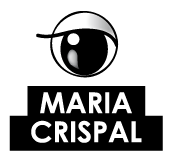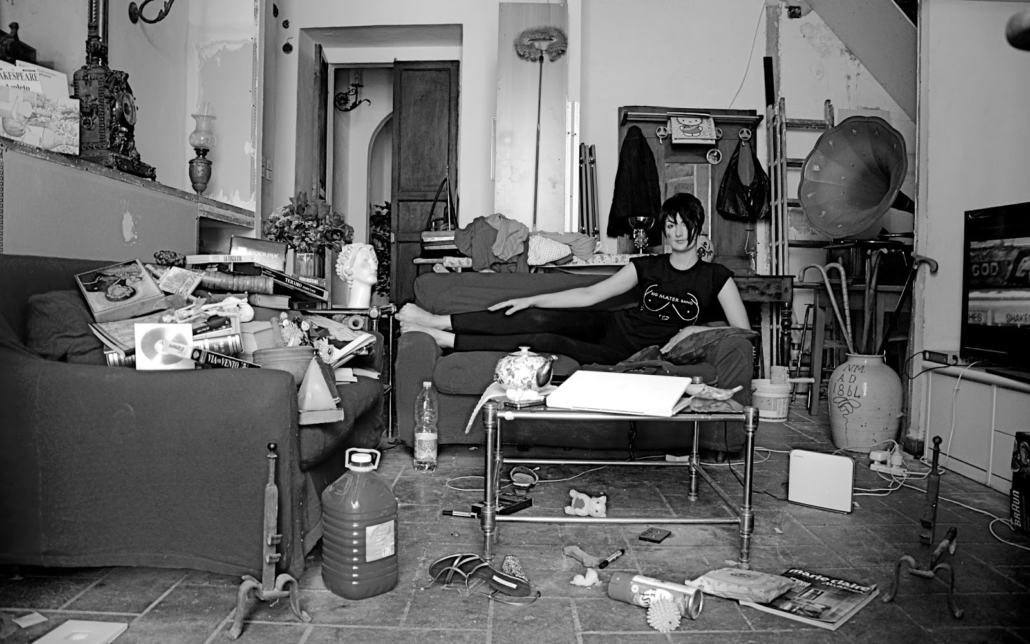DIDACTICS
Maria Crispal has always been open to interculturality, and from the outset she has sought to create links between contexts by generating connections between places, in order to bring traditions and cultures together with art. She is driven by a desire to explore cultural landscapes, and grew by expanding her relationships, with dialogue between local communities and international networks, inviting people to share images and projects, to regenerate a world through art, thanks to contact with people. Maria Crispal’s work over the years has followed a course marked by interaction with others and the overcoming of geographical, personal and social boundaries.
Didactics is a complex area undertaken by the artist, who also acts with networks that can convey artistic content while addressing current global issues. An active mode of education, exchange, reflection and, above all, raising awareness.
Didactics becomes experimental, with the involvement of private and public institutions. The deeper the experience, the more stimuli that lead to an original and creative understanding of contemporary life through mechanisms of accessibility and participation.
The idea is that in art, didactics is a tool for understanding, a way of developing awareness, critical sense and openness to culture. Work done at local level encourages reflection on the various ways of cohabiting in society, on differences and similarities, on feelings of identity, belonging and inclusion. Moments of cultural and emotional sharing. An experience in which artistic processes are highlighted and explained to students, but also to the many other people involved.
Receiving them is a real moment of encounter and sharing, and the workshops are an opportunity to exchange ideas and open minds. Maria Crispal positions herself as a mediator who openly guides the audience/learners, allowing them to visit the twists and turns of art with teaching based on their specific needs. Didactics that turns an encounter into a life experience.
An ideas factory which, over the years, has seen the creation of international spaces in various parts of the world, described as “neo-dimensional”.
These are centres for innovative, interdisciplinary learning, in which project experiences can be gathered in order to facilitate the construction of a relational platform between educational structures, institutions and citizenship. They are also places for meeting and methodological exchange among all those involved, giving visibility to the results of art-related activities.
The centre and the artistic/educational workshops, along with the special projects and platforms, have been recognised and endorsed by the European Community with co-funded schemes (“non-state actors and local bodies in development”) connected with the UN Millennium Goals, thus establishing a geographical network and an aggregation of study centres and knowledge.
They have been joined by renowned professionals including Derrick de Kerckhove, expert in international mass media and head of the McLuhan Program in Culture and Technology in Toronto.
Didactics is global; through art, with a reflection on urgent social and environmental issues, it addresses all knowledge, and is also geared to training trainers.




